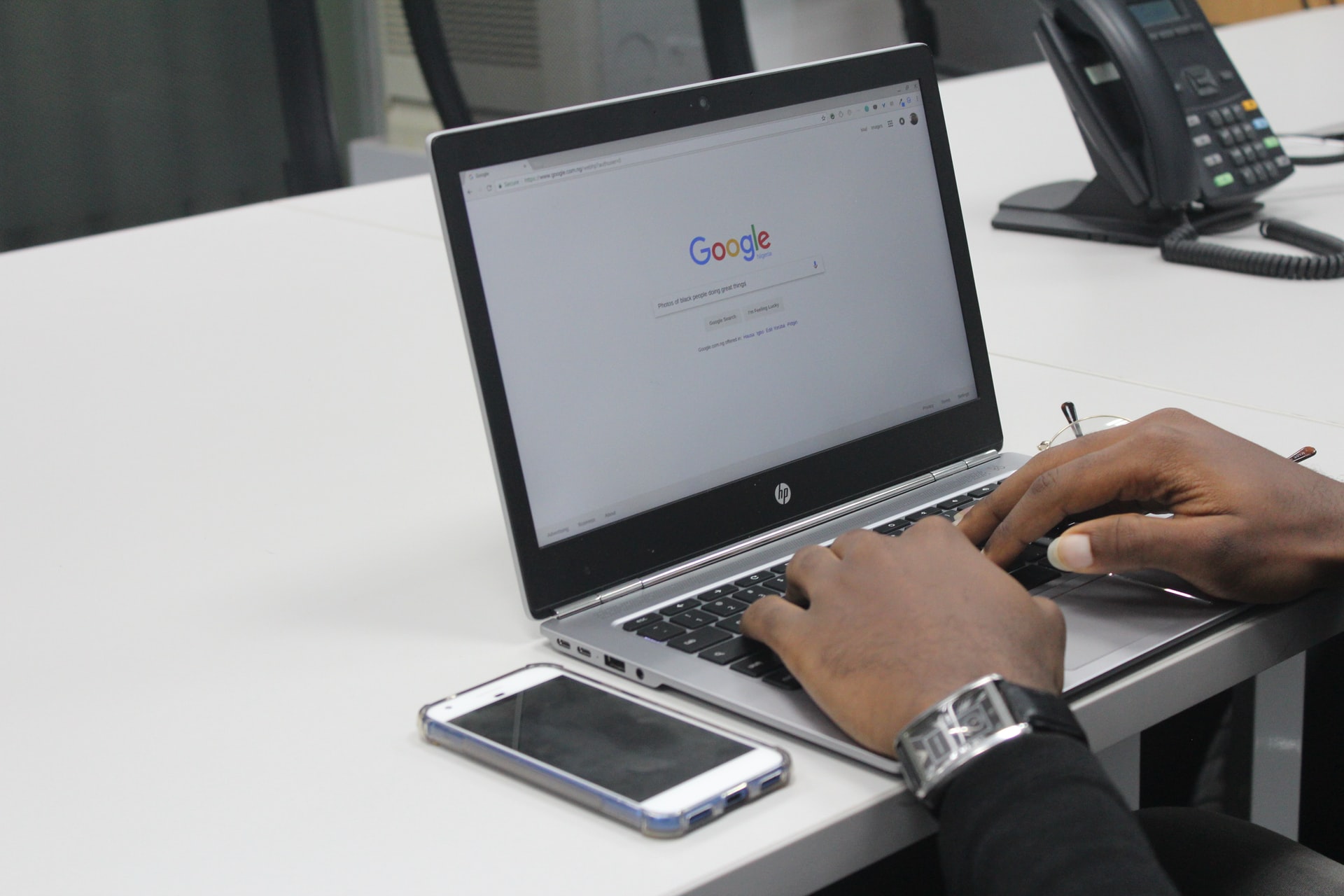Now that the world is so digitized, everyone talks a lot about the importance of online safety. The internet may seem like a safe space because of how much it’s impacted our lives, but we’ve all been hurt by online information in one way or another.
Have you ever fallen head over heels for an online match and were disappointed when you met up on your first date? People lie on their dating profiles all the time. Have you ever received an email asking to contribute to a charity and later notice suspicious charges to your banking account? Phishing scams are a dangerous, and increasingly popular, online threat. Everything from a harassing comment on social media to buying a fake pair of AirPods on Facebook Marketplace to being scammed out of thousands of dollars are all very real possibilities today because of the internet.
We talk about the dangers of online threats, yet we don’t often talk about what our Google search results say about us. How often do you search yourself on the internet? If you’re like most of the population, the answer is: not as often as you should. You can be hurt by the information others put out, but you can also be hurt by your own results. Research has shown that 24 percent of adults and 43 percent of millennials have found inaccurate information about themselves online, most of which they didn’t even realize existed.
This information can impact who you date, your small business sales, your chances of buying a home, and, ultimately, your reputation at large. Don’t wait until it’s too late. Here are a few steps you can take to ensure your online footprint doesn’t turn into something that’s damaging:
Regularly search your name
You should search yourself on the platforms that people will use to search your name, like Bing, Yahoo, but more likely, Google. If you have a more uncommon name, it’s important that you use qualifying keywords to make sure you’re doing the most relevant search. This includes listing your employer, home town, high school, or the college you attended. Look at every link that appears and take notes of any inaccurate or worrisome information that you see.
Search yourself on social media
Social media can be one of the most harmful places on the internet for your reputation. It’s more time-consuming to search yourself, but you need to comb through your Tumblr, Pinterest, Facebook, and even LinkedIn accounts to discover the information you should be looking for. If anyone is saying anything unfavorable about you, it can quickly snowball into a nightmare if you don’t catch it early enough.
Look yourself up on sites like MyLife
Platforms like MyLife.com can actually be more comprehensive than simply looking at Google or on social media, as MyLife can populate results from these third-party places. MyLife assigns every user a Reputation Profile and a Reputation Score, so, at first glance, anyone could see how a particular individual or business profile ranks. It can also include any court records, both criminal and civil, lawsuits, or reviews written by friends, co-workers, and others that exist on the internet under a person’s name. If you find something about yourself on MyLife’s website, others can see that same information during their own search. MyLife not only gives you the chance to see what’s public about you, but allows you to correct mistakes and even lock sections of your Reputation Profile the same way you would your credit report.
If you find a ton of surprising and detrimental information out there about you, you must take the necessary next steps to begin cleaning up your results. Actionable tasks include being more active (and mindful) on social media, responding to any negative reviews, and updating any sites that include inaccurate information.
Don’t just be worried about how other people can affect you on the internet, you also have to watch out for your own reputation as well.






